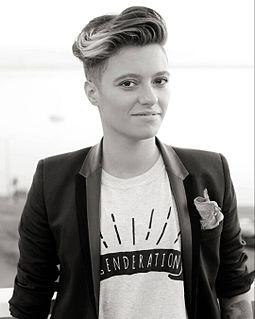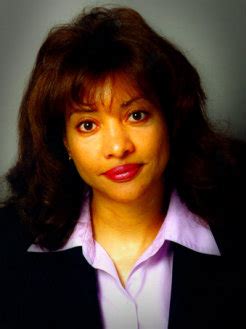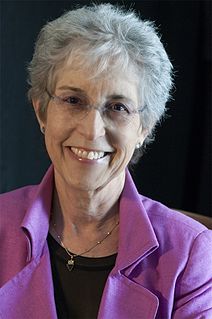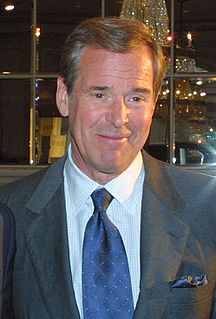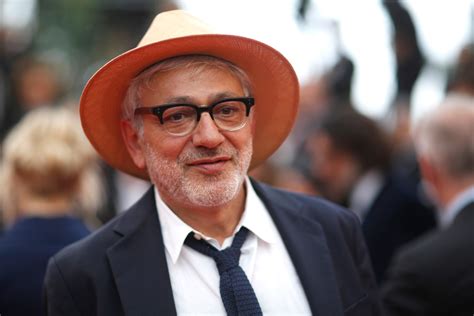A Quote by Jack Monroe
In my experience, yelling at people that they are wrong and disgusting rarely wins the argument, nor changes point of view.
Quote Topics
Related Quotes
If Clinton somehow pulls out a win in both states, then she has an excellent argument to make to the superdelegates: Voters still respond to fear. Obama's campaign has been based on the implicit argument that voters no longer respond to fear. If Clinton wins both states, that probably proves Obama wrong on that point.
Completely desist from defending your point of view. When you have no point to defend, you do not allow the birth of an argument. If you do this consistently - if you stop fighting and resisting - you will fully experience the present, which is a gift. Someone once told me, "The past is history, the future is a mystery, and this moment is a gift. That is why this moment is called 'the present'."
There is no need for the Russian state to hold such large stakes and we do intend to put our plans into practice. It is not about whether we want it or not, it is about this being practical or not and the best timing. In general, it is practical from at least one point of view - from the point of view of structural changes in the economy.
